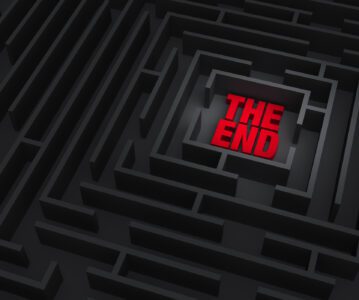 What Does ‘Write To Market’ Mean?
What Does ‘Write To Market’ Mean?
You will often hear the phrase “write to market” from independent authors. But what does it really mean? Everyone has different ideas about how exactly to do it, but one thing is clear: writing to market is absolutely essential if you are going to have success publishing your own work. The Two Pieces Of Writing To Market In order to make money as an independent author, you must sell a significant quantity of books. That means you need two things. A big enough market, meaning enough people who want to read that type of book, and market penetration, meaning that...











